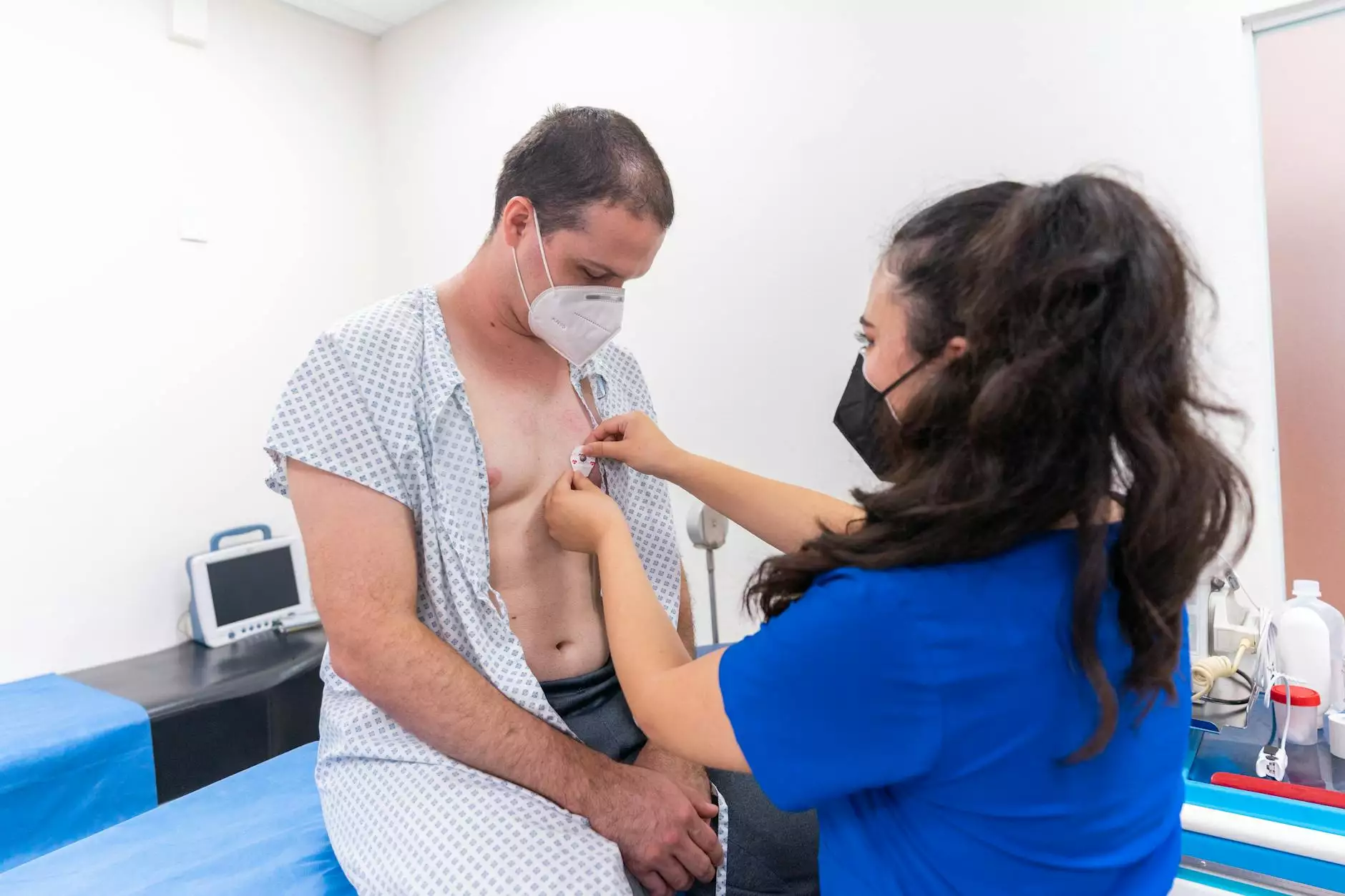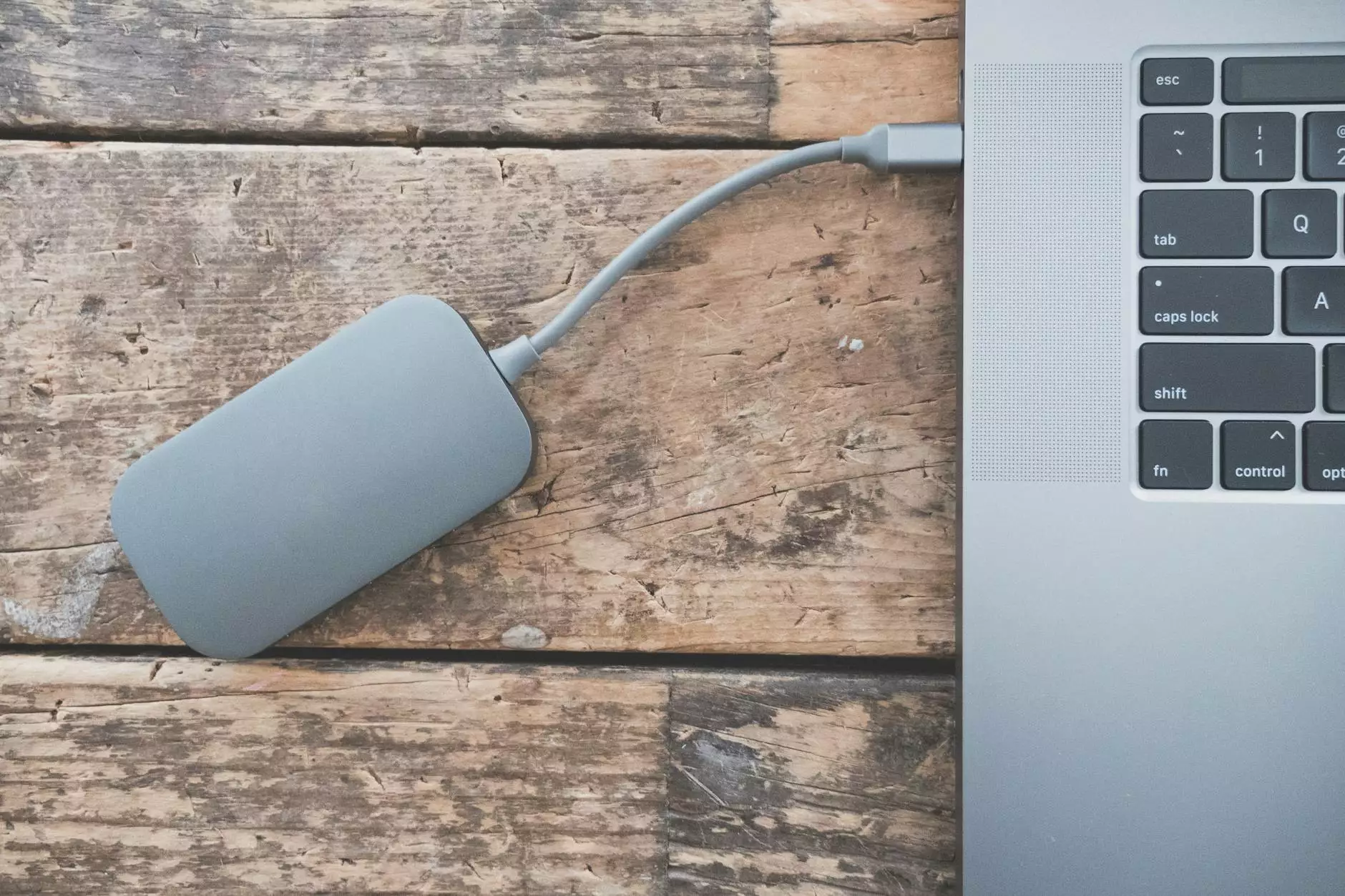Finding the Best **Cardiologist Near Me**: Expert Insights and Tips

When it comes to your heart health, you deserve the best possible care. Knowing how to find a qualified and compassionate cardiologist near you can make all the difference in ensuring your cardiovascular health. This article aims to equip you with the essential information and strategies to find a specialist who meets your needs.
Understanding the Role of a Cardiologist
A cardiologist is a doctor who specializes in diagnosing and treating diseases related to the heart and blood vessels. Their expertise includes a wide range of conditions, such as:
- Coronary artery disease
- Heart attacks
- Heart failure
- Arrhythmias
- Hypertension
They play a critical role in managing heart conditions and work closely with patients to develop effective treatment plans.
Why You Should See a Cardiologist
Regular check-ups with a cardiologist can help in early detection of heart-related issues, ultimately leading to better outcomes. Here are some compelling reasons to seek a cardiologist near you:
- Expert Diagnosis: Cardiologists can interpret symptoms and provide a thorough diagnosis.
- Preventive Care: Regular visits can lead to preventive measures that significantly reduce heart disease risk.
- Treatment Options: They offer a range of treatments, from medication to surgery, tailored to your specific needs.
How to Find a Cardiologist Near Me
Finding a cardiologist near you may seem daunting, but it’s a straightforward process if you know what to look for. Here are some practical steps:
1. Use Online Resources
Utilize online platforms to search for cardiologists. Websites like mediglobus.com are excellent starting points. Look for:
- Patient reviews: Feedback from those who have seen the cardiologist can provide insight into their practice.
- Credentials: Ensure they are board-certified and have relevant experience.
- Facility quality: Research the medical center or hospital affiliated with the cardiologist.
2. Seek Recommendations
Your primary care physician is a valuable resource. They can provide recommendations based on your medical history and specific needs. Additionally, ask family and friends for their experiences with local cardiologists.
3. Check Insurance Coverage
Before finalizing your choice, verify that the cardiologist is within your insurance network. This can save you significant costs during treatment.
4. Evaluate Communication Style
Schedule an initial consultation with the cardiologist. This meeting is crucial to assess their communication style and ensure they address any concerns you may have. Remember, a good doctor-patient relationship is essential for effective treatment.
Questions to Ask Your Cardiologist
During your consultation, it’s wise to address specific questions regarding your health and expectations. Here are some important questions to consider:
- What tests will I need, and why?
- What are the potential treatment options for my condition?
- How can I manage my symptoms and improve my heart health?
- What should I expect during treatment or recovery?
These questions can help you gain a deeper understanding of your cardiovascular health and the expertise of the cardiologist.
What to Expect During Your Visit
When you visit a cardiologist near you, you can generally expect the following:
- History and Physical Exam: Expect to discuss your medical history and undergo a physical examination. The cardiologist will listen to your heart and may perform other tests as needed.
- Diagnostic Tests: Cardiologists often recommend tests such as ECGs, echocardiograms, or stress tests to assess your heart's condition.
- Treatment Plan Development: Based on your diagnosis, the cardiologist will discuss treatment options, lifestyle changes, and the next steps in your care.
The Benefits of Regular Check-Ups with a Cardiologist
Regular visits to your cardiologist can lead to numerous benefits, including:
- Early Detection: Catching potential issues in their early stages can be life-saving.
- Better Management: Chronic conditions like hypertension or diabetes can be effectively managed with the right guidance.
- Personalized Care: Having a dedicated specialist allows you to receive tailored advice and treatment.
How to Maintain Heart Health Between Visits
While regular visits to a cardiologist are essential, maintaining heart health in between appointments is equally important. Here are some tips for promoting cardiovascular wellness:
- Eat a Heart-Healthy Diet: Incorporate plenty of fruits, vegetables, whole grains, and lean proteins into your meals.
- Stay Active: Aim for at least 150 minutes of moderate aerobic activity each week, as recommended by health authorities.
- Manage Stress: Engage in stress-reducing activities such as yoga, meditation, or deep breathing exercises.
- Quit Smoking: If you smoke, seek resources to help you quit, as smoking is a major risk factor for heart disease.
Conclusion
Finding the right cardiologist near you can profoundly impact your heart health. Make the most of your search by utilizing resources, seeking recommendations, and preparing for consultations. By understanding the role of a cardiologist and how to maintain a healthy lifestyle, you are taking significant steps toward safeguarding your cardiovascular health. Don’t hesitate to reach out to mediglobus.com for a directory of specialists that can help you on your journey to a healthier heart.
Remember, your heart health is worth the effort. Take charge of your well-being today!



